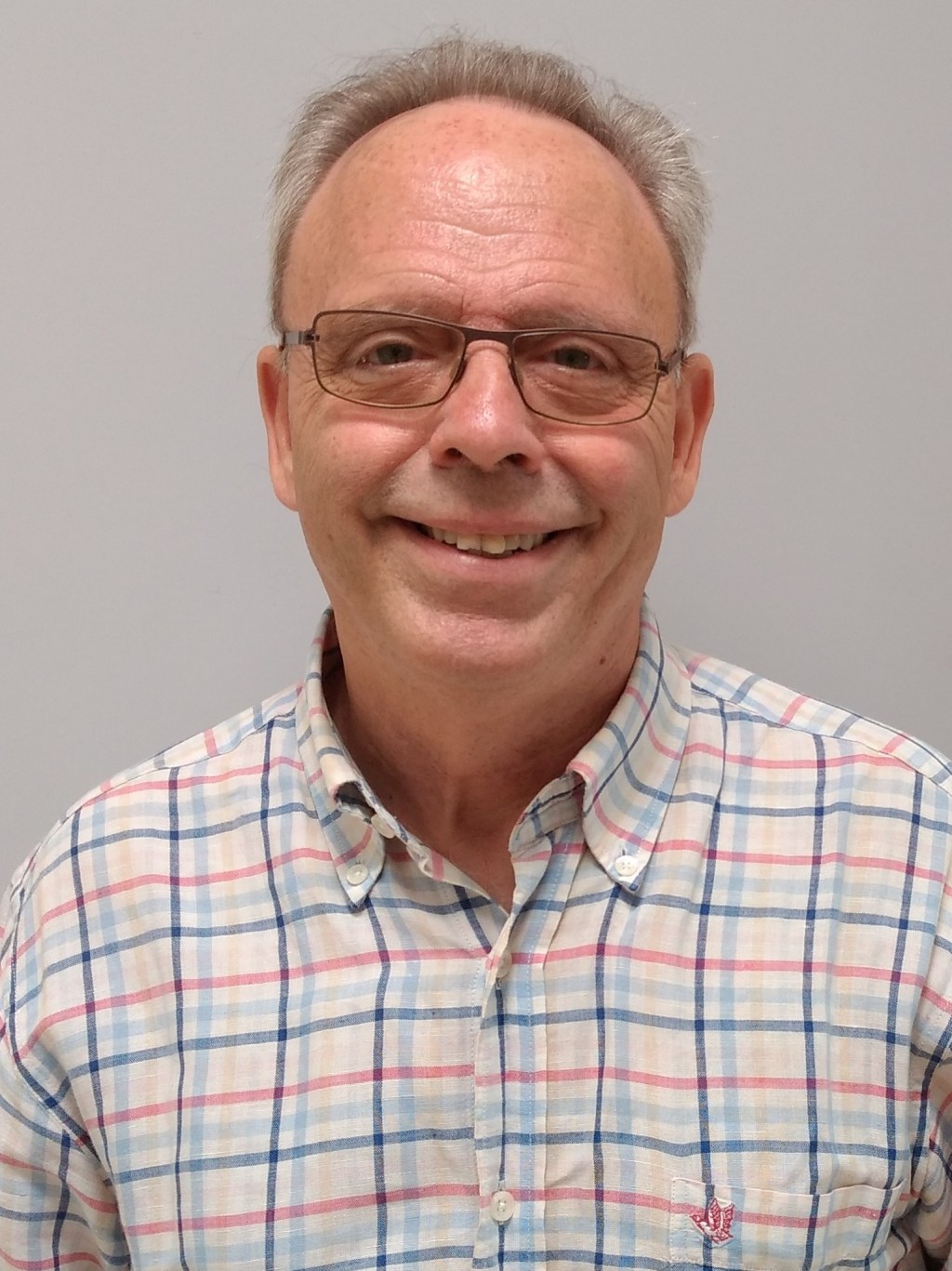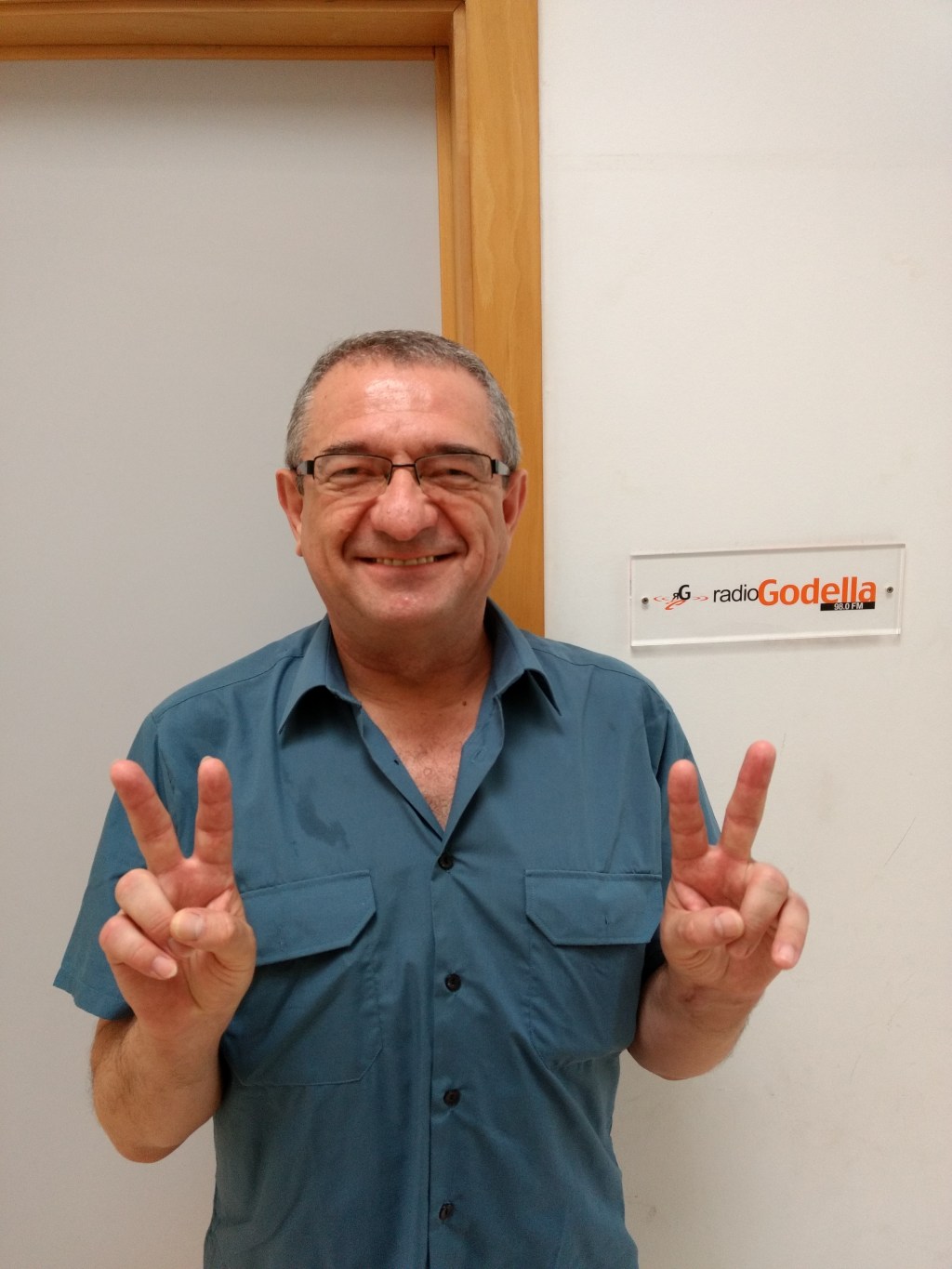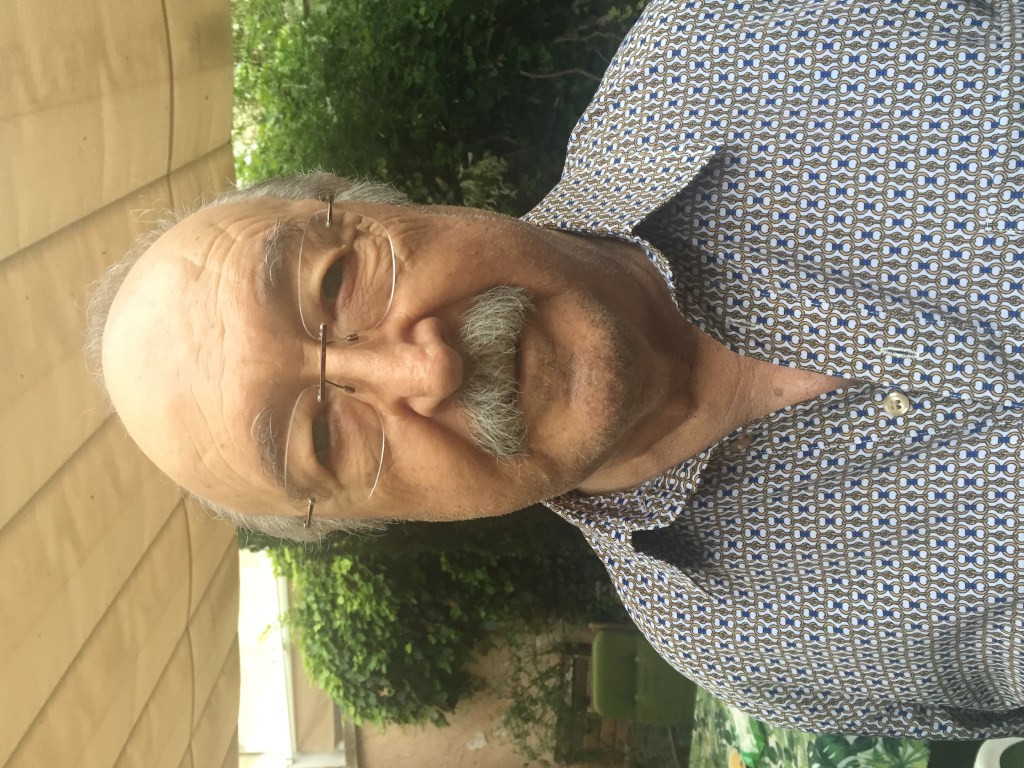Catalan Wikipedia has experimented with multimedia content for a long time. When Andy Mabbett created Voice Intro Project, the Catalan community was one of the first to join. Six years later, La veu és lliure, the local version of the project, has the second most voices overall. With more than 80 different voice intros, it recently surpassed the Dutch language.
Following that idea, other multimedia projects based on voice soon emerged. The first of those was La ràdio és lliure, or Free Radio Project. The aim was to upload podcasts, mainly interview programmes, to be reused on Commons. After two short-lived experiences, since October 2015 La represa, a weekly show hosted by Francesc Fort from Valencia, has recorded more than 130 programmes to date.
This project was a huge opportunity to get pictures and voice intros from relevant personalities, but also the door for the new project. During the five years that La represa has been on the air, at least four voice actors have been interviewed. That not only meant that our community had contact with the world of professional movie dubbing, but also that we had a chance to experiment.
Wiki Loves Dubbing
Back in 2016, the actor who dubs Woody Allen in the Valencian version, Rafa Contreras, released a voice clip under a Creative Commons license specifically to be used in the Annie Hall article.

That could have stayed as an isolated curiosity hidden in a particular Wikipedia article if in summer 2020, after the Covid-19 crisis, two pals hadn’t started what was intended to be a small summertime project. Those two pals were Francesc Fort, veteran Wikimedian from the Land of Valencia, and Àlex Ordaz, webmaster in the most comprehensive guide about movies and tv series dubbed into Valencian: Ficció en Valencià.
The idea was simple: “Why don’t we just do what we did some years ago but with more voices?” Francesc had the experience of doing GLAM projects and Àlex the knowledge about the voice actors. Soon, the Wikimedian community and the local fans community were cooperating in a volunteer project: they wanted some clips with voices, released under a free license by the actual voice actors.

The idea was a success. Soon, voice actors like Edu Borja, Juli Mira and Francesc Fenollosa kindly recorded themselves to offer us some voice acting of their own. But in the meanwhile, we met Sergio Capelo, one of the most respected personalities in the local industry. He would ask us a question that would change everything.
Why don’t you just use the real recordings?
We only needed two things to develop our project: that voice actors agreed to record a sample of their work, and that they agreed to release it under a free license. But, what would happen if we only needed the license, without the need to record anything again?
The solution was in a Real Decreto Legislativo published 12th April, 1996. Articles 105 and those that came after stated that Voice Actors had the exclusive rights to their voice acting, its reproduction, distribution, and many others. So did the directors of voice acting, people like Contreras, Fenollosa, or Lluís Miquel Campos who we had befriended after those years.
So, if they had the rights to their work, and we were going to use small captions of the final work, we could use their voices in Wikipedia if they agreed to license those clips under a compatible license, right? No sooner said than done, artists who already agreed to take part were ok with the terms, and soon new voice actors would join the project.
So, what was intended as a short project where some voice actors released some clips became a work of selecting, cleaning and arranging audio clips from movies and tv series to be licensed to be used on Commons.
The limitations were obvious: the artists were the owners of their voice, but they don’t own the background music. And believe me, to find cartoon tracks without background music isn’t that easy. About the scripts, it was less of a problem because we were using small clips taken from translated texts, so everything falls into de minimis.
The numbers
By the end of July–the month we knew we had to release the project no matter what if we wanted the artist to license everything before they went on holidays–we had 20 different files with voices from 10 different artists, 6 of them male and 4 female.
We launched also a wikicontest, Viquiprojecte del doblatge en valencià, with a selection of 40 articles that could be improved with the audio files released. Reception was good in both our community but also by the media, who gave us good coverage.
And even despite I’m writing this the first week after the release of the project, We know that there are voice actors who want to join for a future iteration. So far, good news.
Objectives
Even despite that the main objective of the project, was to have fun while sharing free knowledge (which should be the aim of every wikiproject), there are also other goals behind this initiative.
On one hand, we have been able to make a pioneer project never seen before in the wikiverse. We’ve done it by combining the efforts of different communities under the wiki philosophy of sharing knowledge by free. Both Lliure and Gratis. And the results were professional.
Also related, we’ve done it without the help of any institution. In the Kingdom of Spain is typical in that any non-profit and/or cultural project is backed directly or indirectly by the State or any other government institution. The Viquiprojecte, even despite its ambition, never wanted public funding. Indeed, without funding at all. The Covid crisis is showing up a world were public institutions might have less presence in our lives, while online platforms (Netflix, TikTok…) will have more. If Wikipedia is regarded as the good boys in the internet, why don’t we enforce that? We should put value in what we are: the most important infrastructure in the internet that is not owned by corporations and that has been built by communities.

The project was an experiment for us, one that is working well, but it can be regarded also as a first step in our collective path. We, as a movement, know from our 2030 Strategy that Innovation in Free Knowledge must be done. That means that we must work towards creating new platforms, channels and narratives to integrate new forms of knowledge. Multimedia knowledge is one of those. This is just a first step, but the path must be walked on.
Future steps
The future of the project is still to be decided. Because we had to launch the campaign before August ended, there are voice actors who agreed to participate that couldn’t enter in this edition. So, future iterations of the campaign will very likely be done.
The project was designed and executed exclusivelly in València by the local community, so we have used the voice actors from the Land of Valencia. What will happen with the Catalan actors, who also dub movies and series (sometimes the very same) for the Catalan television and cinemas, in their own accent? If they want to take part, they will be welcome.
The same applies for Basques, Galician and Spanish/Castilian dubs. This is a project with a lot of difficulties when it comes to adaptation to countries with a different legal corpus, but it can be easily adapted to the other three languages of Spain.
We created a page on Meta, named Wiki Loves Dubbing. What is it? so far, just a page to show, in English, what has been done to date. Should we launch an international campaign? I believe not, at least if nobody outside the Land of Valencia or Spain is interested.
Should we integrate ourselves on Wiki Loves Broadcasting? Perhaps. Technically, we’re promoting content from public broadcasters, because the Valencian TV network was and still is owned by the autonomous government. But we’re working directly with the artists, making use of the hacker ethics.
So far, this has been my experience with the project. I hope that those who arrived to the end of the article enjoyed reading it and that my lessons will be helpful to anybody working in similar projects.

Can you help us translate this article?
In order for this article to reach as many people as possible we would like your help. Can you translate this article to get the message out?
Start translation